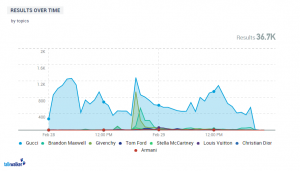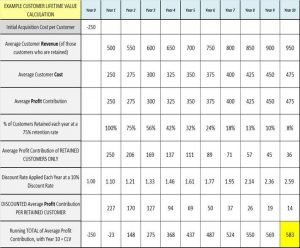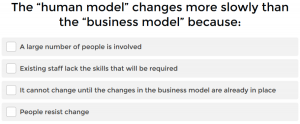Justice Department sues TikTok for alleged child privacy law violation
The DOJ alleges that TikTok is in breach of the Children’s Online Privacy Protection Act.
The Justice Department filed a lawsuit against TikTok and its parent company ByteDance on Friday, alleging that the social media company repeatedly violated a federal online privacy act.
The Justice Department, along with the Federal Trade Commission (FTC), alleged that TikTok is in breach of the Children’s Online Privacy Protection Act, also known as COPPA.
The act prohibits website operators from knowingly collecting, using, or disclosing personal information from children under the age of 13, unless they obtain consent from those children’s parents. Online platforms also have to delete personal information collected from children at their parents’ request.
According to the complaint, TikTok knowingly permitted children to create regular TikTok accounts and to create, view, and share content with others on the regular TikTok platform. That meant the defendants allegedly collected and retained a slew of personal information without notifying or getting consent from their parents.
The government also alleged that TikTok still unlawfully collected personal information from accounts created in “Kids Mode,” which is a pared-back version of TikTok for children under 13. When parents discovered their kids’ accounts and asked TikTok to delete both the accounts and stored information, TikTok repeatedly failed to honor those requests, according to the complaint.
“TikTok knowingly and repeatedly violated kids’ privacy, threatening the safety of millions of children across the country,” FTC chair Lina Khan said in a statement.

A TikTok spokesperson says many of the allegations revolve around past practices that have since been resolved. “[W]e offer age-appropriate experiences with stringent safeguards, proactively remove suspected underage users, and have voluntarily launched features such as default screentime limits, Family Pairing, and additional privacy protections for minors,” the spokesperson says.
ABOUT THE AUTHOR
(5)
Report Post






